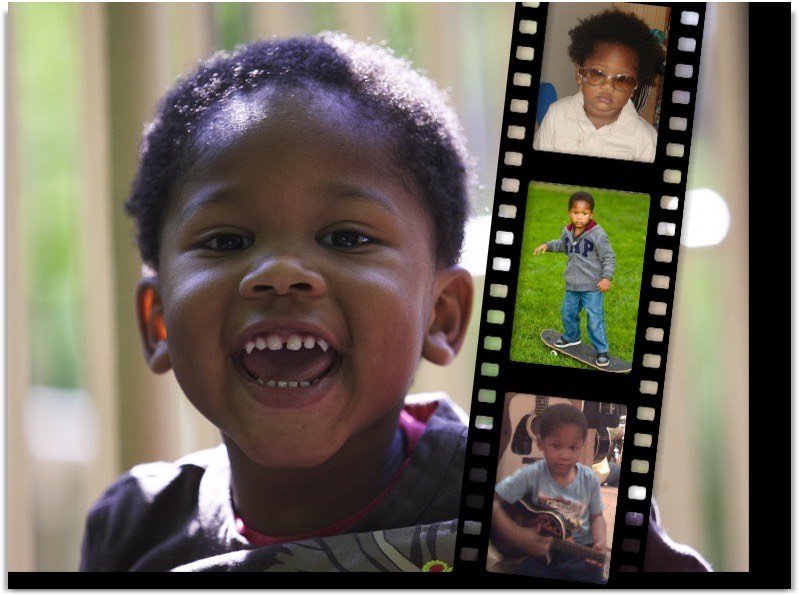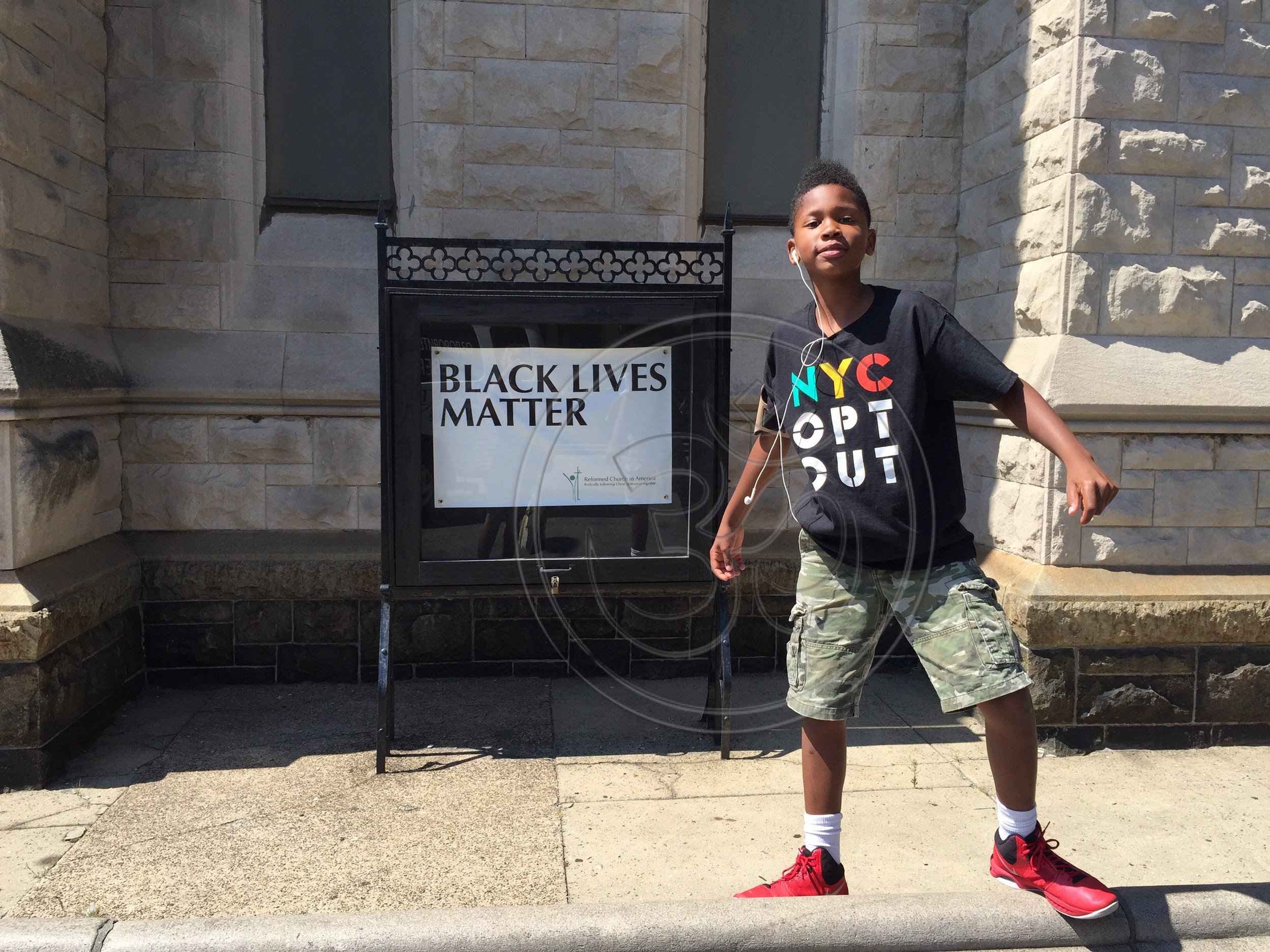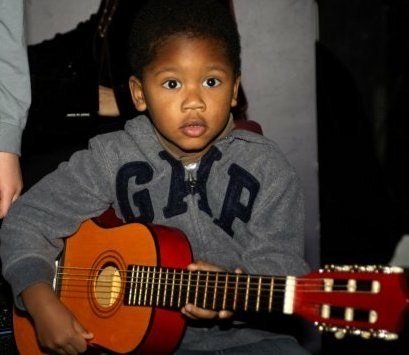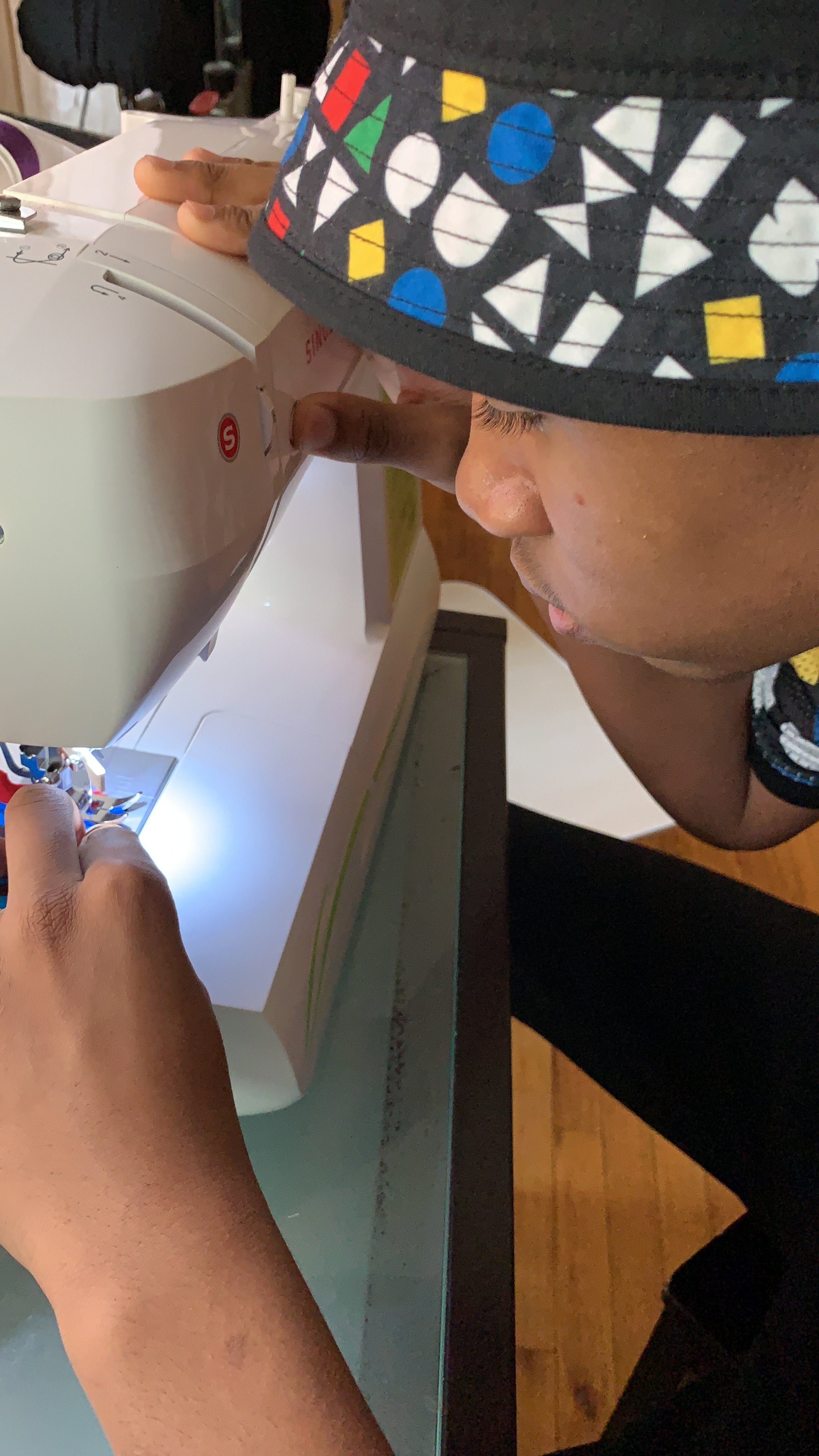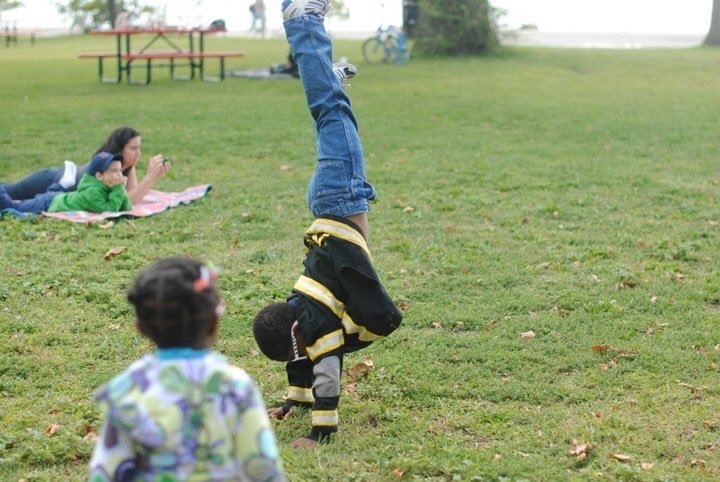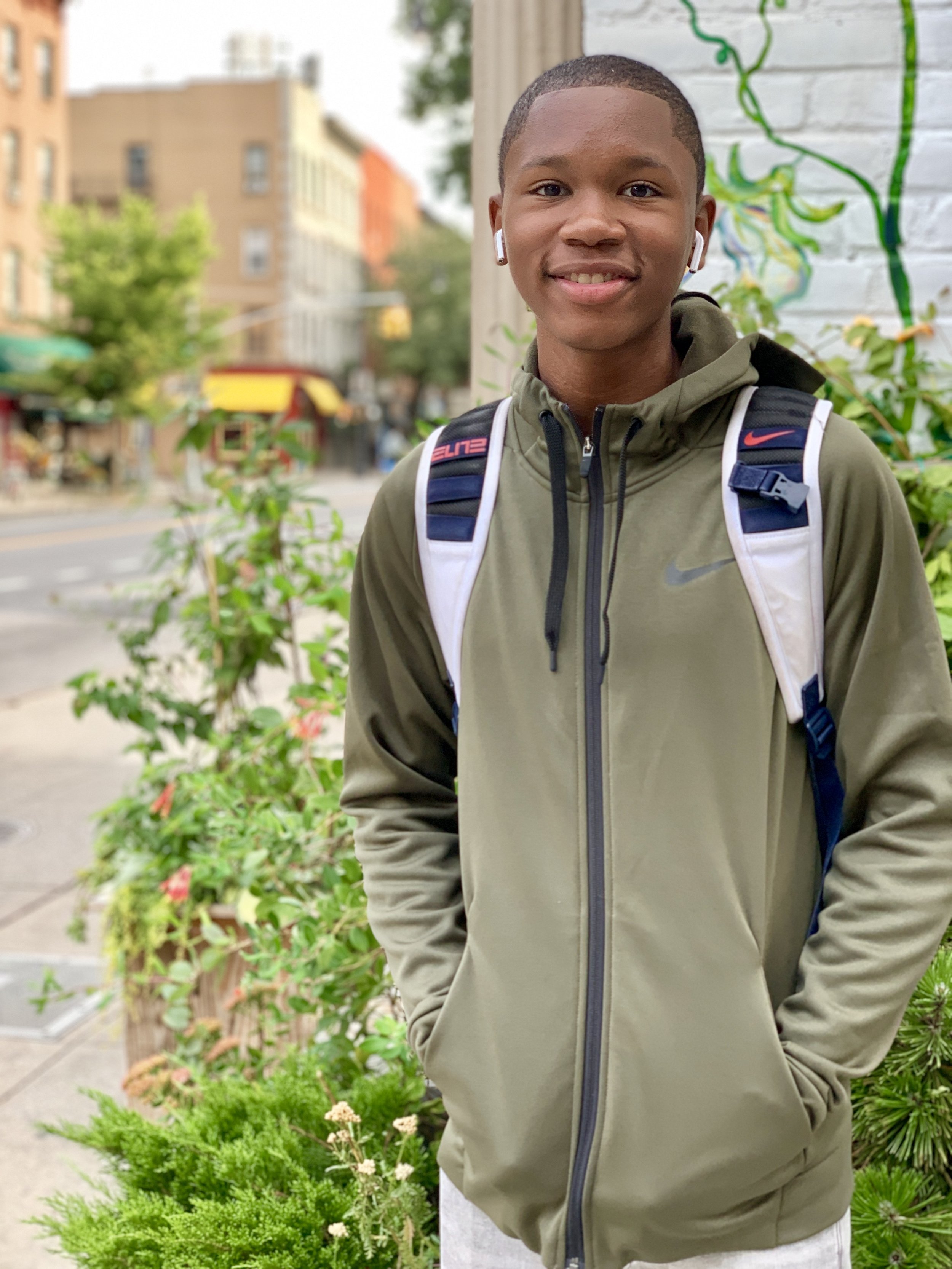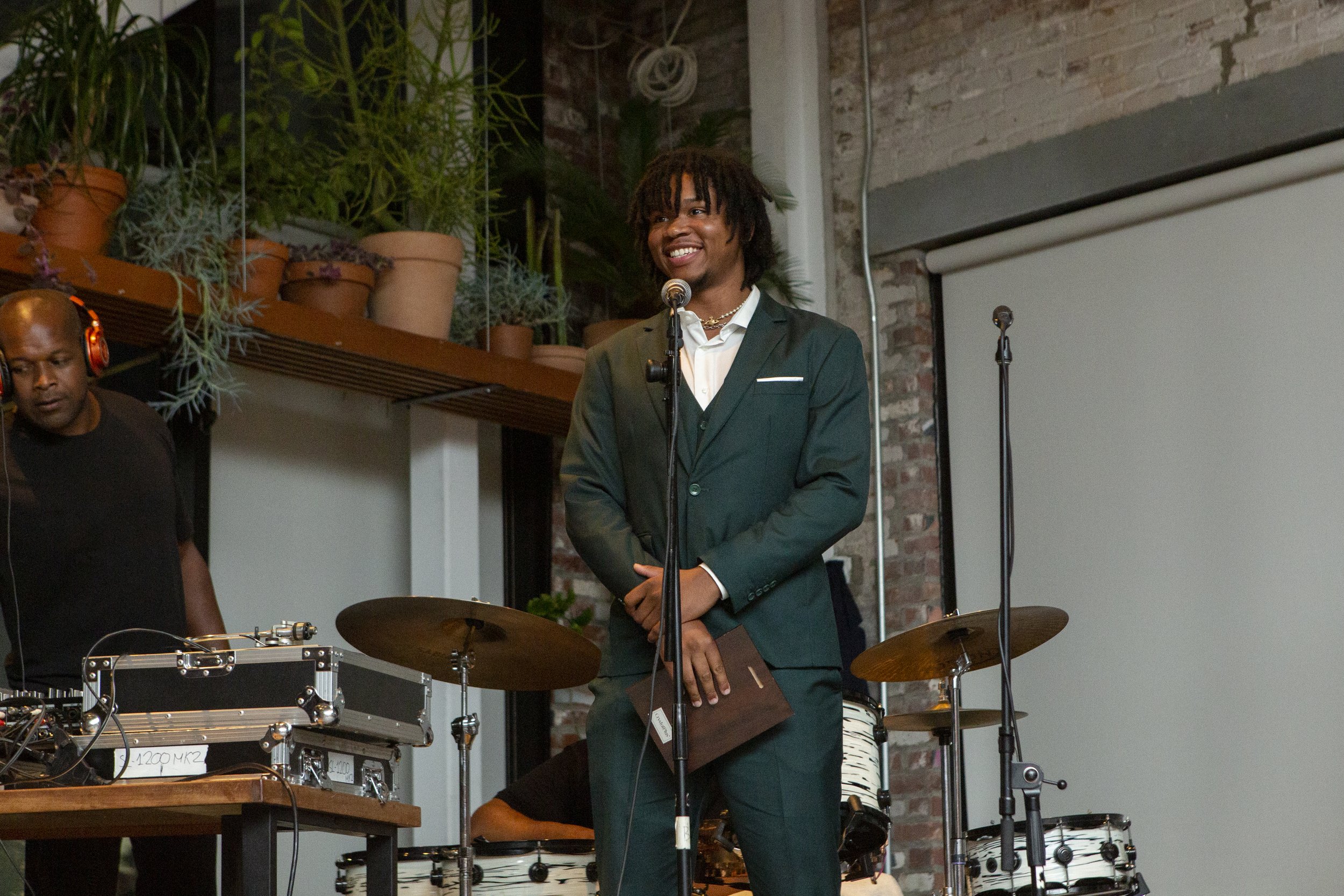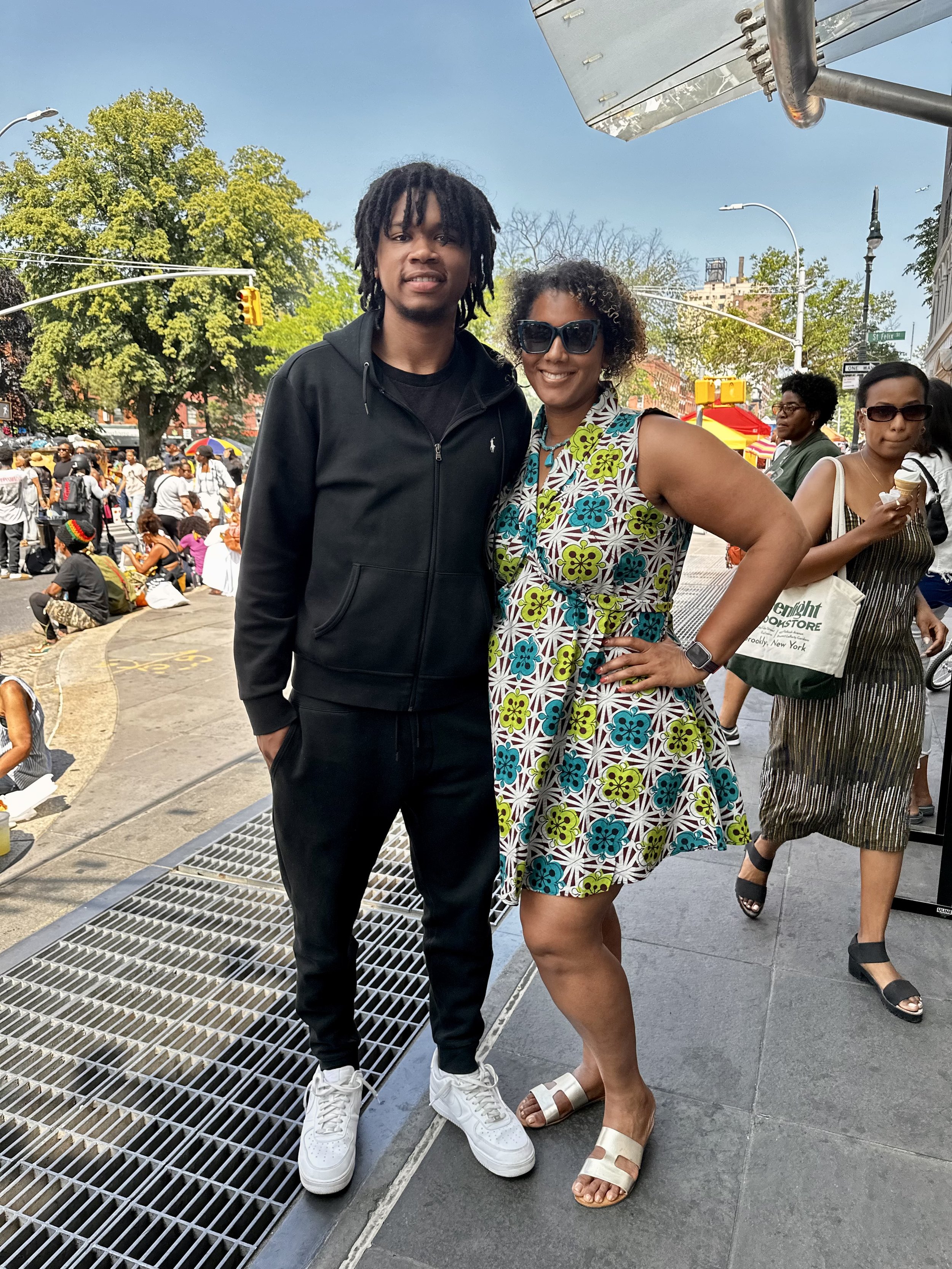Honoring my journey of raising a free Black boy
This is a moment of tremendous pride and deep reflection for me. My second-born son is about to graduate from high school and will begin his college journey in just a few short months. To say this is a surreal time for me is an understatement. When my first son was stillborn at 37 weeks of pregnancy, it was my prayerful and wildest dream that I would be able to raise a child into adulthood. And so it is…
It feels like it was only a few short years ago when I was visiting preschools. I remember having conversations with the director of the preschool I loved about my concerns that there were so few Black children enrolled in his 2’s class. I vividly remember how nervous I was about my playful and active Black boy transitioning into a formal educational setting. I also remember how deeply comforted I felt when I met his Black Trinidadian teacher and the Black Jamaican administrative assistant who began to joyfully greet and care for him every day. These worries for my Black toddler became a consistent theme for me as we embarked on every schooling and extracurricular experience he subsequently had up to, and including high school.
The unrelenting weight of my knowledge and experience of anti-Black racism in educational settings loomed over me and influenced my decisions as a parent. Unfortunately, this is something that will be familiar to many Black parents. At the same time, I consciously refused to allow interpersonal and institutional anti-Blackness to rob my child of his right to a joyful and free Black childhood. Whatever he expressed an interest in, I supported him a thousand percent in exploring. I encouraged his creativity and agency in all areas of his life.
He played in sandboxes and playground sprinklers instead of doing hours of homework throughout his early childhood and elementary years. He explored tumbling classes, a community-based soccer league, dance classes, and bucket drumming in afterschool. He spent many an hour leaping onto and over benches doing parkour (which scared me, not gonna lie!).
I opted him out of high-stakes standardized testing beginning in third grade, as I refused to participate in the racist and oppressive system that ranks and sorts children instead of using holistic measures of assessments to support their actual learning and development. Yes, he is a Black child who graduated from NYC public K-12 schools and will be attending the college he wants to, and he’s never taken a NYS standardized test or NYS Regents exam.
He grew into an adolescent whose interest in fashion led him to teach himself how to sew, and to secure not one, but two internships at NY Fashion Week starting at age 14. Then, he taught himself how to build a computer, and proceeded to build 4 more for other people.
When it came time to apply to colleges, he was crystal clear about what he wanted to study, and he held strong to that vision, even as I pushed him (out of my own fears) to apply to safety schools in programs that he wasn't super interested in, just so he could obtain a degree. A good friend told me that I needed to get out of his way and let him shine. I did, and now he will be studying the exact thing that he wanted to, and he is overjoyed.
Black parents don’t have a roadmap about how to best parent our Black children in a deeply anti-Black society. We do our best, and we hope for the best. Do we teach them to conform to typical norms and standards, and to try to be two or three times “better” than their white peers? Do we ignore the anti-Blackness of schools and society, and raise them as if it doesn’t exist? The truth is, there are no guarantees. We never truly know how things will turn out for our Black children. In many ways, parenting Black children is the ultimate act of faith; we whisper prayers over their sleeping heads that they will be protected, guided, and fully seen in their beauty and wholeness.
In reflecting back on my parenting journey, I wish that I had had access to the Journey to Nia ™ curriculum that I have now codified and that I facilitate for early education professionals, leaders, and caregivers. Although the seeds of this curriculum were always there in my mind, the clarity I have about WHY we need to, and HOW to best support Black children in their early years is unquestionable for me.
As I share the curriculum through keynotes, workshops, and the Journey to Nia retreat, I consistently receive feedback like:
“I am writing to express my heartfelt gratitude for the recent Journey to Nia workshop. The experience was truly transformative, and I wanted to extend my appreciation for the valuable insights and knowledge gained.”
“The workshop was thoughtfully curated, offering profound insights into the challenges faced by Black children and families in the education system. The content was exceptional, and I particularly commend the emphasis on centering Black joy as a powerful tool to combat anti-Black racism.”
“There are so many parents and educators who need exposure to this workshop!!”
As a Zaentz Early Education Innovation Challenge finalist, I delivered a 3-minute pitch about Journey to Nia, and my plans to scale it to eventually reach the over 2.68 million Black children 0-4 years old in the U.S.
In the meantime, you can be a part of the 2023 cohort of Journey to Nia Summer Retreat participants by registering here for the in-person or virtual retreat or emailing us at info@anahsa.com.
If you are a leader, educator, or caregiver of at least one Black child, this retreat will immediately change how you think about, and how you approach educating and caring for Black Black children. We, and Black children cannot wait any longer.
Wishing huge congratulations to all Black children (and their families and educators) who are graduating and stepping up into the next part of their joyful lives!
I’d love to hear how you have raised or taught a Black child in your life to be free.
Please share this newsletter, and the Journey to Nia 2023 Summer Retreat opportunity with your networks.
Towards joy and liberation,
Takiema and Team Anahsa
Creating joyful and liberated lives in early childhood, and in organizations.™
Here are some resources that will inspire you to center Black joy in early childhood and beyond:


